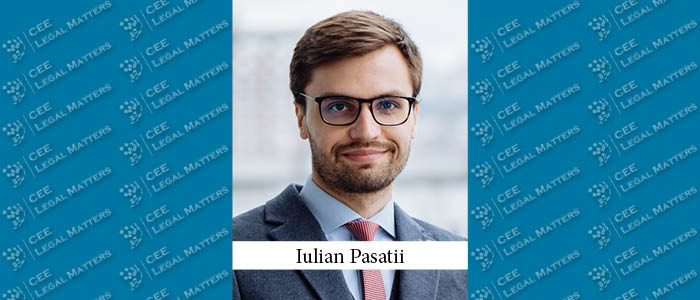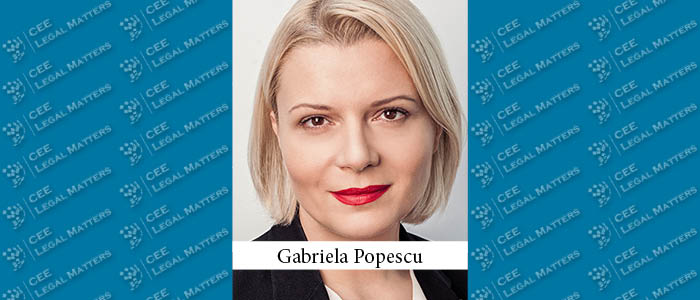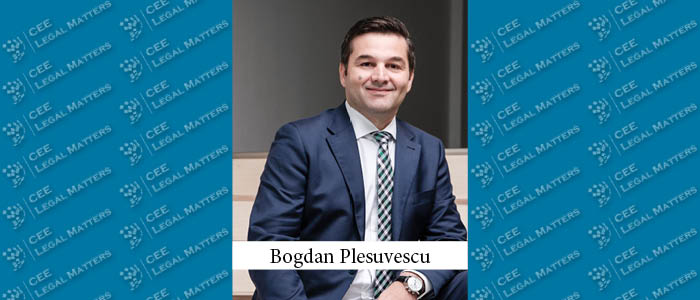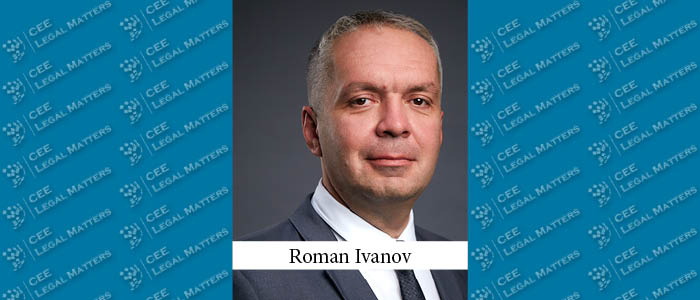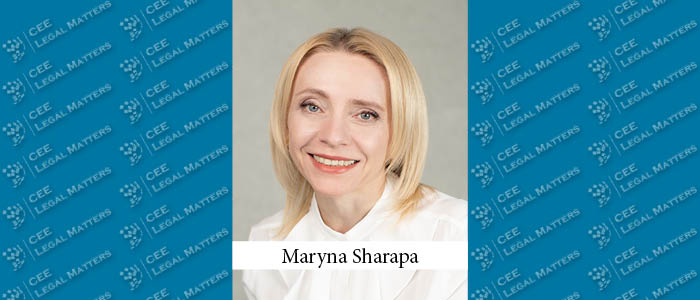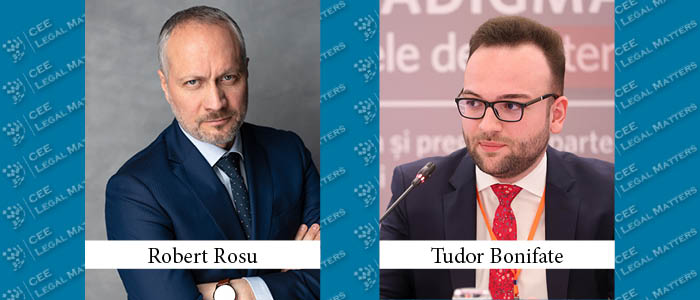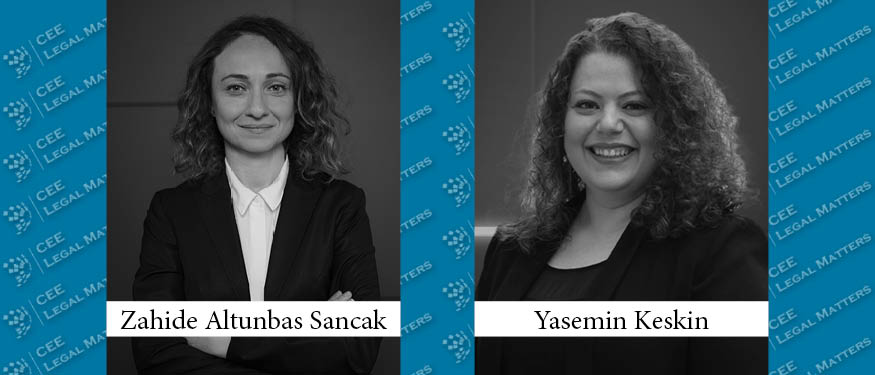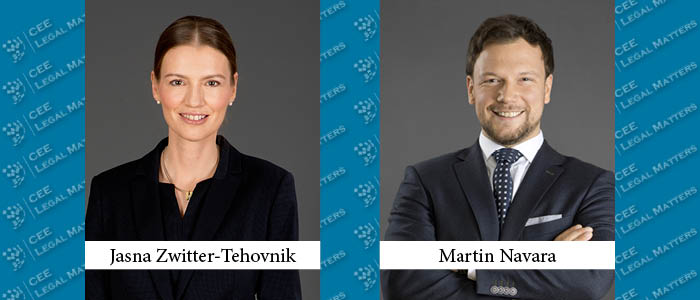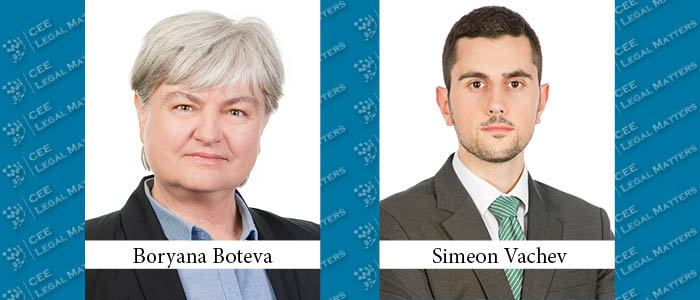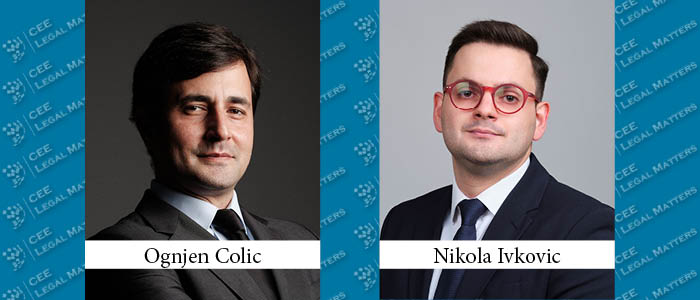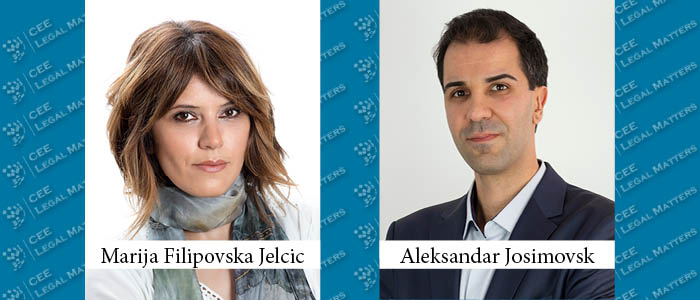In The Corner Office, we ask Managing Partners at law firms across Central and Eastern Europe about their backgrounds, strategies, and responsibilities. With managing firm clients being a critical aspect of firms’ operations, we asked: What are the three most important elements when onboarding a new client?
The (not so) Little CEE Engine that Could: Romanian Economic Stability
Romania’s economic landscape has shown both growth and resilience this year, driven mostly by public and private investments and domestic consumption. Popovici Nitu Stoica & Asociatii Managing Partner Florian Nitu, Nestor Nestor Diculescu Kingston Petersen Partner Gabriela Cacerea, and Tuca, Zbarcea & Asociatii Managing Partner Gabriel Zbarcea report on the pulse of the Romanian economy, focusing on key sectors, such as infrastructure, energy, IT, and automotive, that are leading this growth despite challenges like inflation, labor shortages, and geopolitical uncertainties.
A Vigilant Eye: Romania’s Competition Council
The competitive landscape in Romania is marked by rigorous enforcement and alignment with EU regulations, making it a challenging, dynamic environment for businesses. Tuca Zbarcea & Asociatii Partner Andreea Oprisan discusses recent legislative developments and the Romanian Competition Council’s proactive measures in an effort to shed light on this complex legal framework.
Moldova’s EU-Inspired Path to Enhanced Data Protection
In light of Moldova’s recent candidacy for European Union membership, significant political and legal reforms have been undertaken to align the country’s laws with EU standards. Among these changes, the data protection legal framework has seen notable upgrades to mirror the General Data Protection Regulation, with Gladei & Partners Partner Iulian Pasatii emphasizing the introduction of contractual clauses for data transfers and the new concept of subprocessors. According to him, these changes aim to reduce bureaucratic burdens, particularly benefiting Moldova’s IT sector, while presenting opportunities for clearer guidelines and enhanced data protection practices. However, challenges remain as Moldova strives to balance stringent EU-aligned regulations with the flexibility needed for business growth.
The Inside Track: Whistleblowing – In-House or Outsource?
In the Inside Track, General Counsels across CEE share the nuances of their roles, challenges, and strategies for success. With organizations continuously challenged to adapt to new and complex legal frameworks, this time we asked: For the implementation of whistleblowing requirements, do you intend to use internal resources or outsource, and why?
Inside Insight: Gabriela Popescu of Microsoft
Microsoft Corporate, External, and Legal Affairs Head for Central Europe Gabriela Popescu talks about her career and her passion for navigating complex legal landscapes.
Inside Insight: Bogdan Plesuvescu of Banca Transilvania
Bogdan Plesuvescu has worked in both Moldova and Romania’s banking sectors, progressing from a legal role at Banca Transilvania to CEO of Viktoriabank to Deputy CEO back at the “mother organization.”
Know Your Lawyer: Paul Buta of Musat & Asociatii
An in-depth look at Paul Buta of Musat & Asociatii covering his career path, education, and top projects as a lawyer as well as a few insights about him as a manager at work and as a person outside the office.
Know Your Lawyer: Roman Ivanov of Vernon David
An in-depth look at Roman Ivanov of Vernon David covering his career path, education, and top projects as a lawyer as well as a few insights about him as a manager at work and as a person outside the office.
Ukraine: Development of a Public-Private Partnership During Wartime
The use of PPP mechanisms in Ukraine is not common and has been only recently gaining momentum. Even though the Law on Concessions was adopted back in 1999 and the Law on Public-Private Partnership in 2010, these instruments have long been underestimated.
Romania: PPP Legal Framework – A Pragmatic Approach
On January 11, 2024, Romania enacted significant amendments to its legislation on public-private partnerships (PPPs). While the country has had a dedicated PPP legal framework since 2002, no major infrastructure projects have been developed through this mechanism. To attract private investors and international financial institutions to participate in such projects in Romania, Government Emergency Ordinance no. 39/2018 on PPPs (GEO no. 39/2018) has been amended substantially.
Slovenia: The Impact of Renewable Energy Deployment on Infrastructure
Slovenia is adopting the EU’s strategy to boost renewable energy (RE) for electricity to enhance decarbonization. Unlike France’s reliance on nuclear power, Germany’s focus on renewables like wind, solar, and hydro hasn’t significantly reduced CO2 emissions, evidenced by its emissions being eight times higher than France’s.
Turkiye: Green Energy Infrastructure and PPP Projects
Public-private partnerships (PPPs) are cooperation agreements between public and private sectors for providing public services traditionally provided by the state and funded by taxpayers. These partnerships involve sharing investments, risks, liabilities, and revenue between the parties, ensuring public welfare by addressing economic challenges in essential sectors. PPPs offer an alternative approach to traditional state-financed projects, allowing faster and more efficient construction of large-scale projects.
Czech Republic: Permitting of Infrastructure Projects Under the New Czech Construction Act
In 2021, a new Construction Act (No. 283/2021 Coll.) was adopted in the Czech Republic. This groundbreaking legal norm was designed to solve problems in the permitting process for infrastructure and other projects, such as lengthy administrative procedures, a cumbersome process of obtaining consents and opinions from various authorities, and often a lack of coordination among authorities, which frequently caused inconsistencies in interpreting the law as well as delays.
Austria: Public-Private Partnership – Is This Model Becoming Obsolete?
Public-private partnerships (PPPs) offer a way to procure infrastructure and services that traditionally do not include private capital involvement with private finance participation. PPPs have been introduced as a general acknowledgment of the need to solve the infrastructure gap in many countries – especially in emerging market and developing economy (EMDE) countries. EMDE countries need to rely on private resources as a means of accelerating infrastructure development. Attractive for a high degree of flexibility in light of multiple variations across the globe regarding the scoping of a PPP, PPPs enable efficiency and high value for money.
Bulgaria: Legislative Amendments Pave the Way to Opportunities in Infrastructure and Industrial Development
Major infrastructure and industrial projects depend on careful government planning and resources. However, Bulgaria’s government has been in flux since 2021, with six general elections in the last four years. Nevertheless, there have been some legislative developments that could stimulate private investment in the fields of utilities, transport, postal services, energy, and industrial manufacturing.
Serbia: EXPO Belgrade 2027 and the Role of PPPs in Infrastructure Development
Serbia’s booming construction sector and ongoing infrastructure projects establish it as a vital economic hub in the region. In 2023, construction works valued at over EUR 5 billion contributed around 5.5% to the national GDP. The country’s strategic location and ambitious infrastructure plans have attracted significant foreign investment. With projects like highways, railways, and energy facilities underway, Serbia is strengthening its position as a critical economic connector in Southeast Europe.
North Macedonia: Special Regime for Facilities of Strategic Importance
The Macedonian legislature has amended multiple laws for the purpose of introducing special rules for facilities of strategic importance, which are highly significant for the development of the infrastructure. Pursuant to the latest amendments of the Law on Spatial Planning (LSP) and the Law on Construction (LC), both of which entered into force on May 30, 2023, the “facilities of strategic importance” category includes state roads, railway lines, backbone gas pipelines, and any other facilities of public interest that are built as strategic investment projects or projects of strategic national importance.




